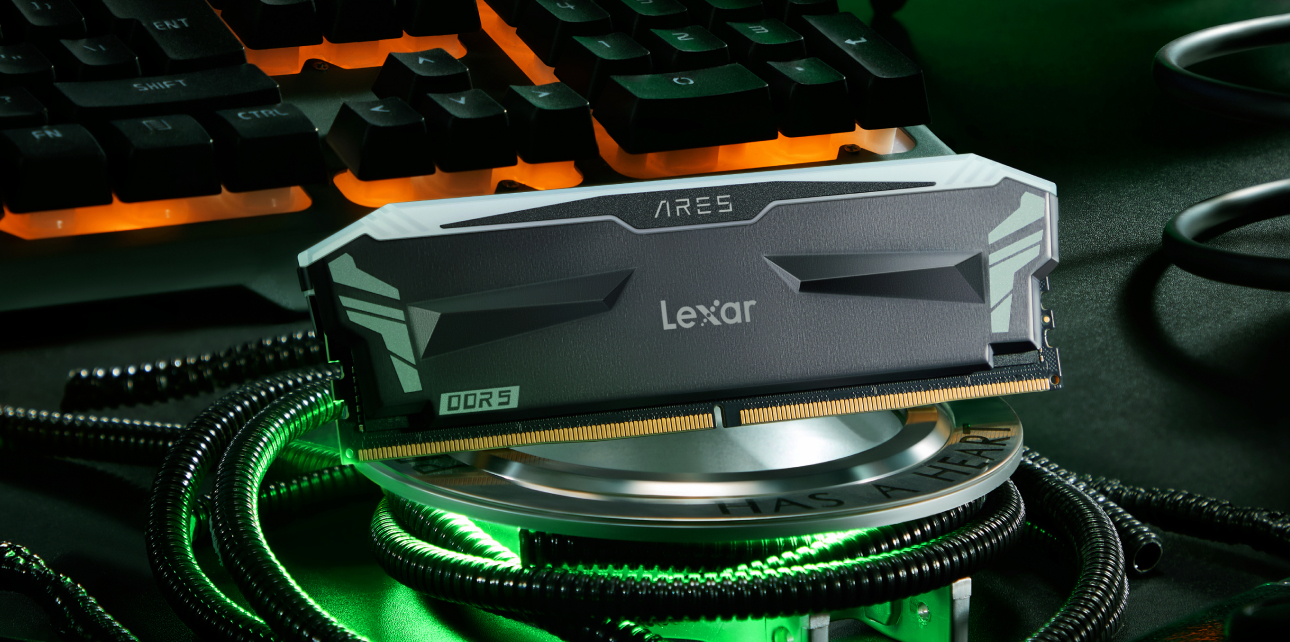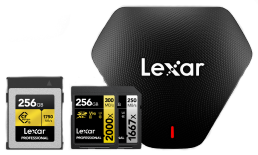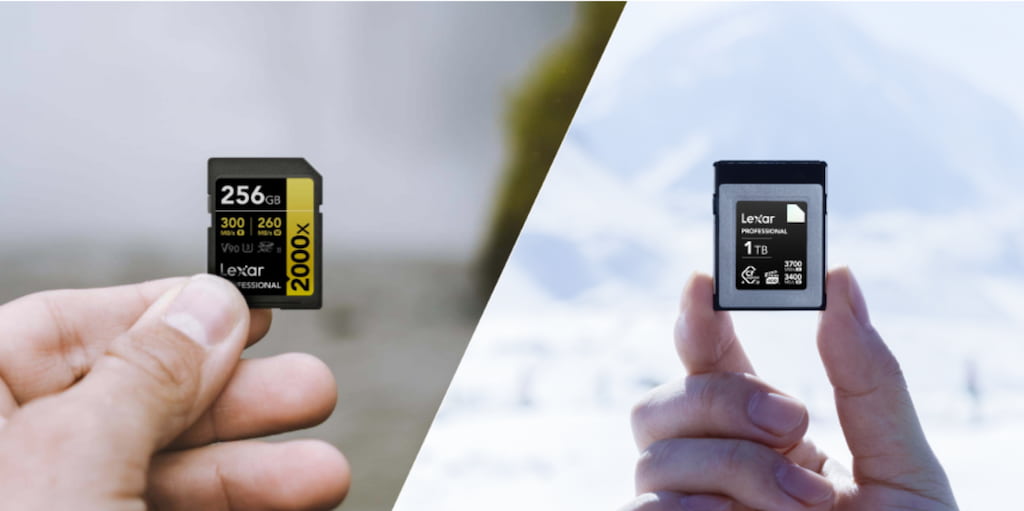
When it comes to gaming, every component in your system plays an important role — and RAM is no exception – but what does RAM do for gaming?
Whether you’re a competitive or casual gamer, understanding the part that RAM plays in your gaming can help you optimize your setup and enhance your experience tenfold.
So, let’s talk about what RAM does for gaming and how much you might need to get the best results possible.
Key Takeaways:
- RAM’s Role in Gaming: RAM determines how smoothly games run, how quickly they load, and how well your system handles multitasking.
- FPS and Game Speed: Sufficient RAM improves frames per second (FPS), resulting in smoother, more responsive gameplay.
- Multitasking Efficiency: More RAM allows you to run games alongside background applications like streaming software without sacrificing performance.
- Load Times and Responsiveness: Upgrading RAM reduces load times and enhances game responsiveness, ensuring quicker access to game assets.
- Minimum RAM for Modern Games: Most modern games require a minimum of 8GB of RAM for basic performance, but 16GB is recommended for smoother gameplay.
- High-End Gaming Requirements: For AAA or VR games, 32GB or more ensures optimal performance, future-proofing your system for next-gen titles.
- Upgrading RAM Benefits: Upgrading your RAM enhances in-game transitions, reduces texture pop-ins, and optimizes system resources for better overall gaming performance.


Understanding RAM’s Role
RAM, short for Random Access Memory, is key in determining how smoothly your games run, how quickly they load, and how well your system handles multitasking during gameplay.
When you’re gaming, RAM holds key game assets like textures, maps, and scripts, ensuring your system can process these elements swiftly. Without enough RAM, your computer struggles to keep pace with the game’s demands, leading to sluggish performance.
In other words, when a game loads, it sends large amounts of information to the CPU for processing. The more RAM your system has, the faster it can move this data, resulting in smoother gameplay, better frame rates, and shorter load times.
But, if you don’t have sufficient RAM, your system may lag, causing choppy visuals and longer delays during gameplay — and no one wants that. Thus, more RAM allows you to run resource-heavy games and multitask without sacrificing performance.
Next, let’s talk about how RAM impacts gaming performance, specifically.
How RAM Impacts Gaming Performance
As we’ve mentioned, it’s no secret that RAM directly impacts gaming performance. But, what exactly is impacted, and what kind of changes will you see if you upgrade your RAM?
From increased speed to better multitasking and more efficient game responsiveness, let’s talk all about how RAM can affect your gaming.
Speed and Frames Per Second
One of the most noticeable ways RAM affects gaming performance is through frame rates, measured in Frames Per Second (FPS).
FPS determines how smoothly your game runs, and higher FPS leads to better visuals and responsiveness.
When your system has sufficient RAM, it can handle large amounts of data more efficiently, allowing the CPU and GPU to render each frame faster. But, if you’re running a game with inadequate RAM, your frame rates may drop, resulting in choppy gameplay and lag, especially in graphically intensive scenes.
This means that, for modern gaming, having enough RAM helps ensure your system delivers consistent, high FPS. And trust us, this will create direct improvements to your everyday gaming experience.
Multitasking and Running Background Applications
RAM is also essential for multitasking during gaming. This means that if you like to stream, chat with friends, or run other applications while playing, having more RAM is going to help your system juggle all of these factors more smoothly.
For example, when you’re gaming and have other programs or streaming software open, your system splits the available RAM across all these tasks. More RAM means your system can allocate enough memory to both your game and any additional programs, ensuring smooth performance across the board.
On the other hand, if you’re running low on RAM, switching between tasks or keeping background apps open can slow down your system, leading to stuttering or even crashes during gameplay.
Thus, having the right amount of RAM for your gaming can help you avoid the headaches and hassles of lagging and crashing.
Load Times and Game Responsiveness
Another area where RAM significantly impacts gaming is load times.
When launching a game or loading a new level, your system relies on RAM to quickly access the data it needs. More RAM allows your system to pull that data faster, reducing the time spent waiting for games to load.
Not to mention, sufficient RAM improves in-game responsiveness, helping reduce input lag and enabling faster reaction times, which is crucial for competitive gaming. Without enough RAM, loading screens can drag on, and the game may freeze or stutter during key moments.


How Much RAM Do You Need for Gaming?
Now that you know what RAM does for gaming, let’s talk about how much you need, depending on the type of gaming that you’re doing.
Different types of video games are going to require different amounts of RAM depending on how performance-heavy they are. And, with how advanced games are these days, there are some minimum RAM requirements that you should follow to get the most out of your time.
Let’s talk about it.
Minimum Requirements for Modern Games
Of course, the minimum amount of RAM you need depends on the specific games you’re playing, but for most modern games, 8GB of RAM is generally considered the bare minimum.
This amount of memory can handle popular titles at lower settings, but you may experience slower load times and occasional performance hiccups in more demanding games.
Games released in the last few years, especially AAA titles, often list 8GB as the minimum requirement, but running games at the lowest settings with this amount of RAM limits your overall gaming experience.
Recommended RAM for Different Types of Gaming
On the other hand, if you’re looking to optimize your gaming performance, 16GB of RAM is generally the sweet spot.
It offers a significant boost over the 8GB minimum, allowing you to run modern games smoothly at higher settings and resolutions.
Whether you’re into open-world adventures, fast-paced shooters, or strategy games, 16GB gives you enough memory to handle these titles with ease while allowing for background processes like streaming or voice chat. Competitive gamers will most likely benefit the most from 16GB, as it ensures higher frame rates and less lag during intense gameplay.
For high-end gaming, such as running AAA titles on ultra settings or dabbling in VR gaming, 32GB of RAM or more is ideal.
This amount of RAM future-proofs your system, providing ample memory for games with large worlds, detailed graphics, and frequent updates. It also supports running additional background tasks, streaming, or even content creation without sacrificing gaming performance.
Learn more: Best RAM for Gaming


The Benefits of Upgrading RAM for Gaming
Upgrading the amount of RAM your system has comes with a lot of benefits — especially if you’re a gamer.
Other than the primary advantages we already discussed, here are some of the major reasons you should consider upgrading your RAM for gaming:
- Smoother In-Game Transitions: Upgrading your RAM allows your system to handle memory-intensive actions like map transitions, cutscenes, or loading new areas without delays or performance dips. This ensures a seamless gaming experience even in expansive open-world games.
- Reduced Texture Pop-In: Insufficient RAM can lead to delayed texture loading, causing blurry or low-resolution textures to “pop in” late. By upgrading your RAM, your system can load textures in real time, giving you a more polished and immersive visual experience.
- Optimized System Resources: With more RAM, your computer can allocate resources more efficiently, preventing your system from relying on slower virtual memory (on your hard drive), which significantly reduces lag and loading delays.
- Improved AI and NPC Behavior: Some modern games use complex AI systems for non-player characters (NPCs). Upgrading your RAM allows your system to handle these sophisticated AI processes without slowing down, leading to smoother and more reactive NPC behavior.
- Enhanced Mod Support: For gamers who enjoy heavily modding their games, extra RAM ensures that additional textures, assets, and gameplay tweaks load properly without taxing your system, providing a more stable and enriched modding experience.
- Increased Compatibility with Next-Gen Games: As game developers continue to release more demanding titles, upgrading your RAM helps ensure compatibility with next-gen features such as ray tracing, real-time reflections, and more detailed physics simulations.
And this is just the start! Having more RAM means a better gaming experience overall, and the unique benefits that you notice will come depending on your system, your gameplay, and your go-to games.
Lexar’s RAM Solutions for Gamers
If it’s time to upgrade your RAM for a better gaming experience, Lexar and our high-performance solutions are designed to give you the results you’re looking for. Whether you need DDR4 for optimized speed or DDR5 for next-level performance, Lexar’s RAM kits provide the power and reliability needed for smoother gameplay, faster load times, and improved multitasking.
Explore Lexar’s range of gaming-focused RAM options today and elevate your gaming experience with trusted performance.




